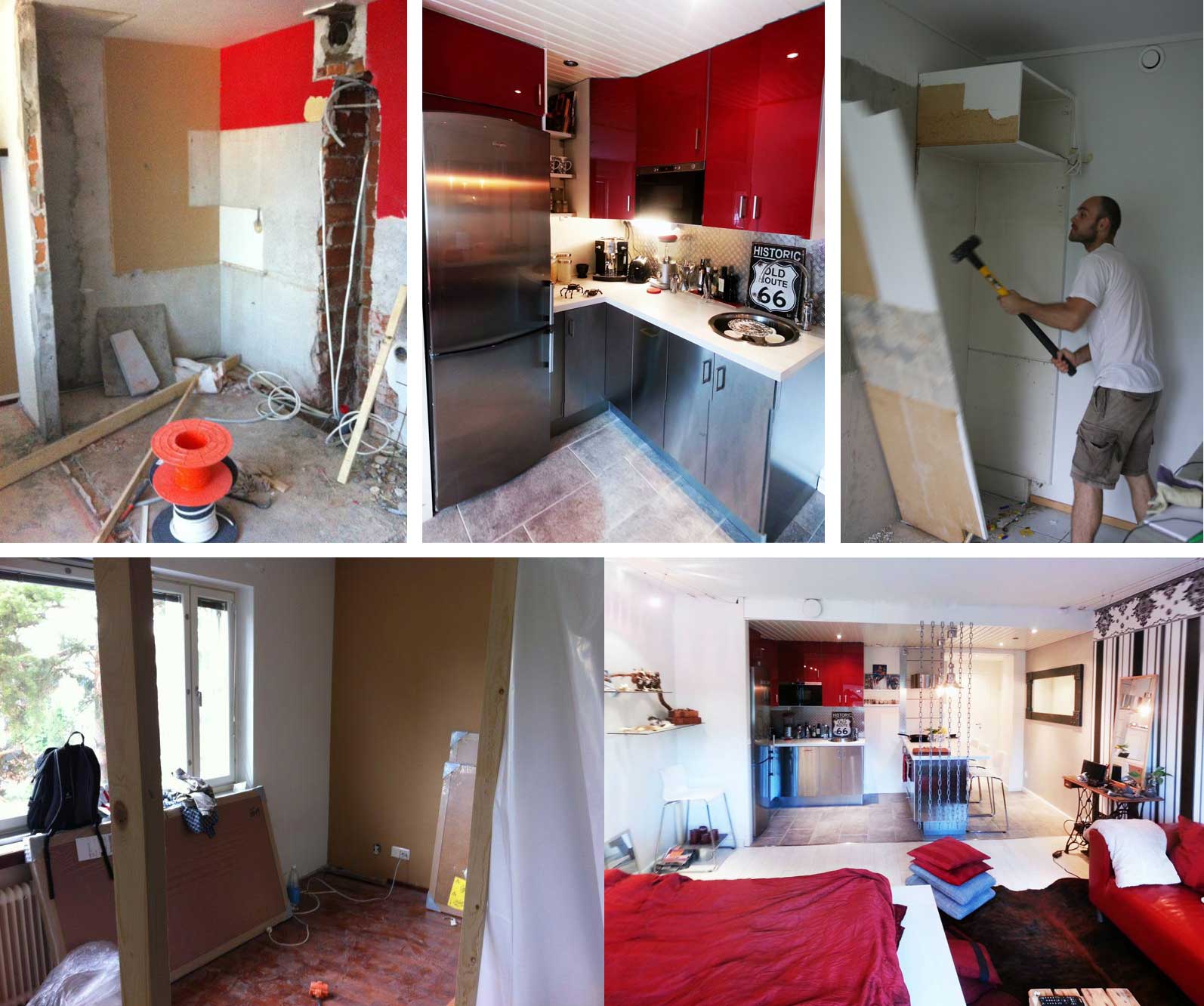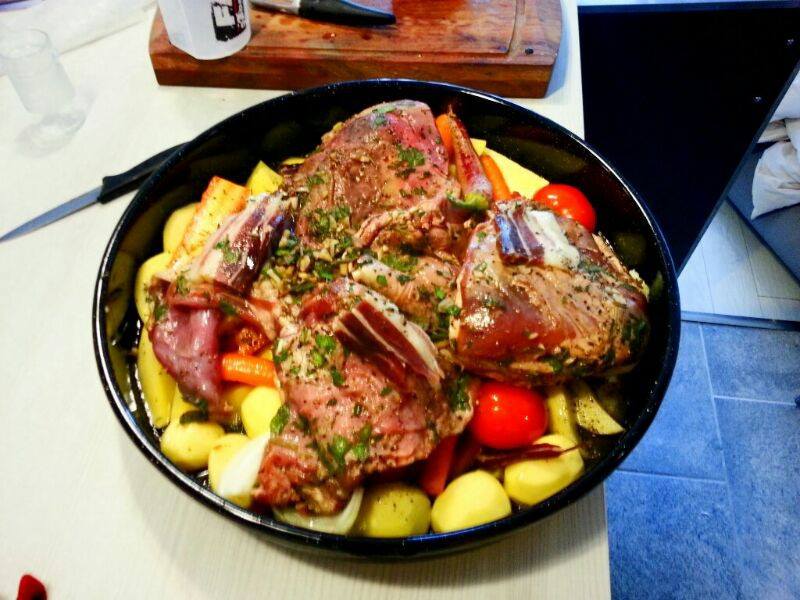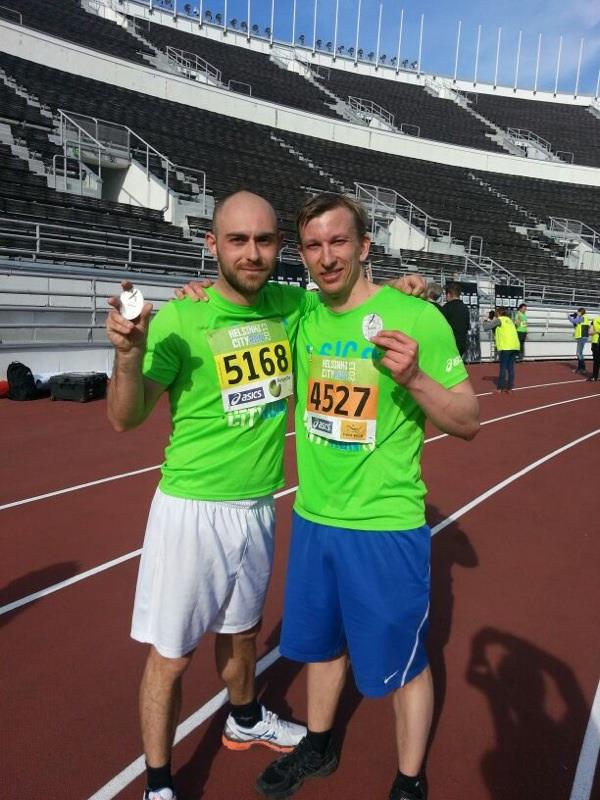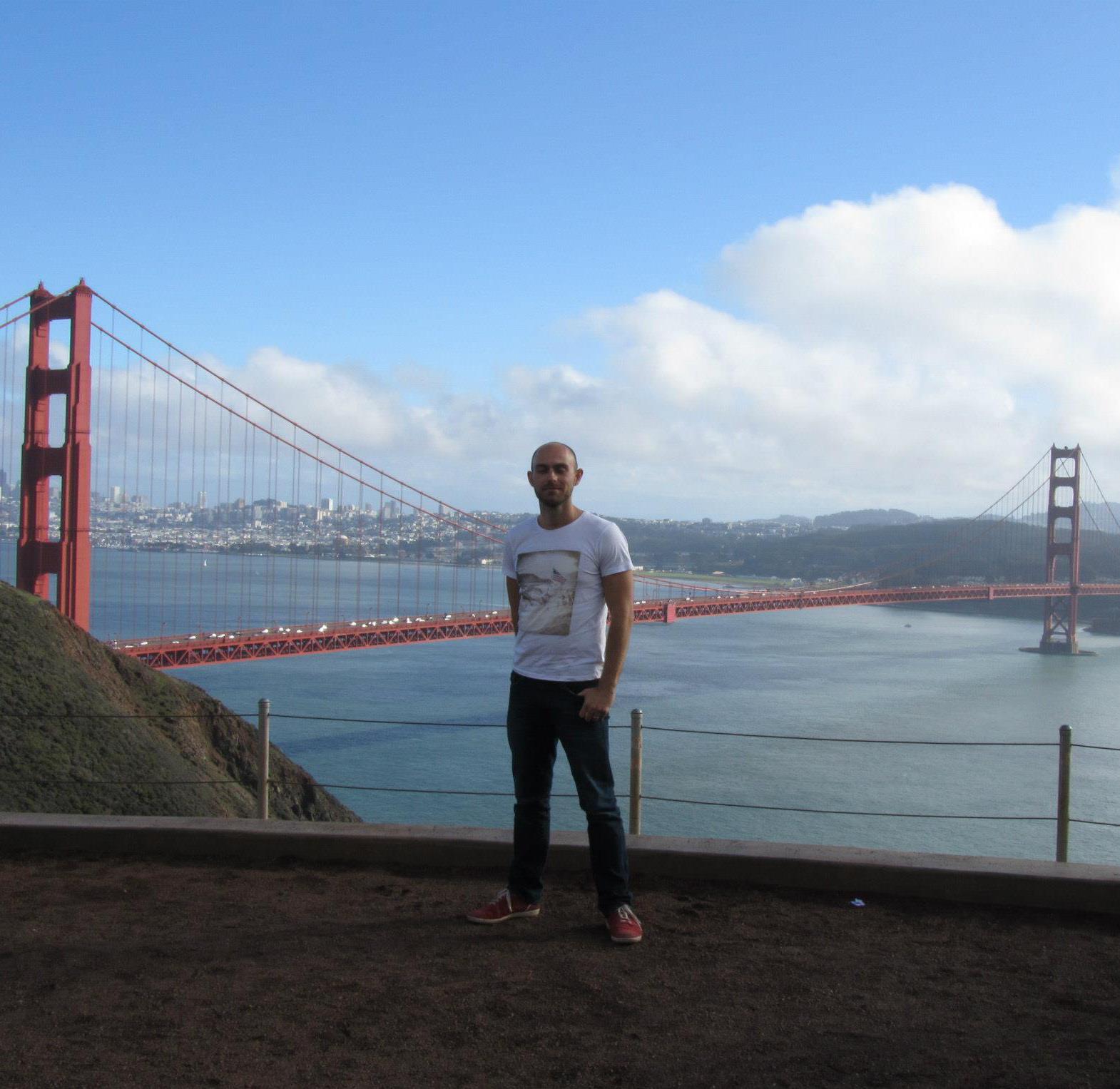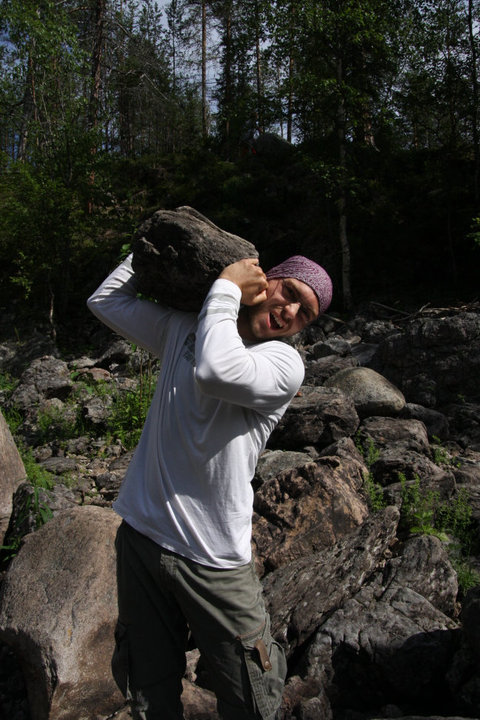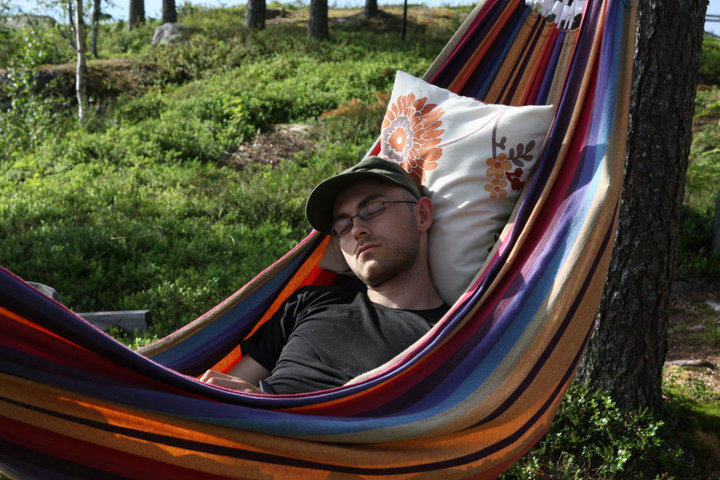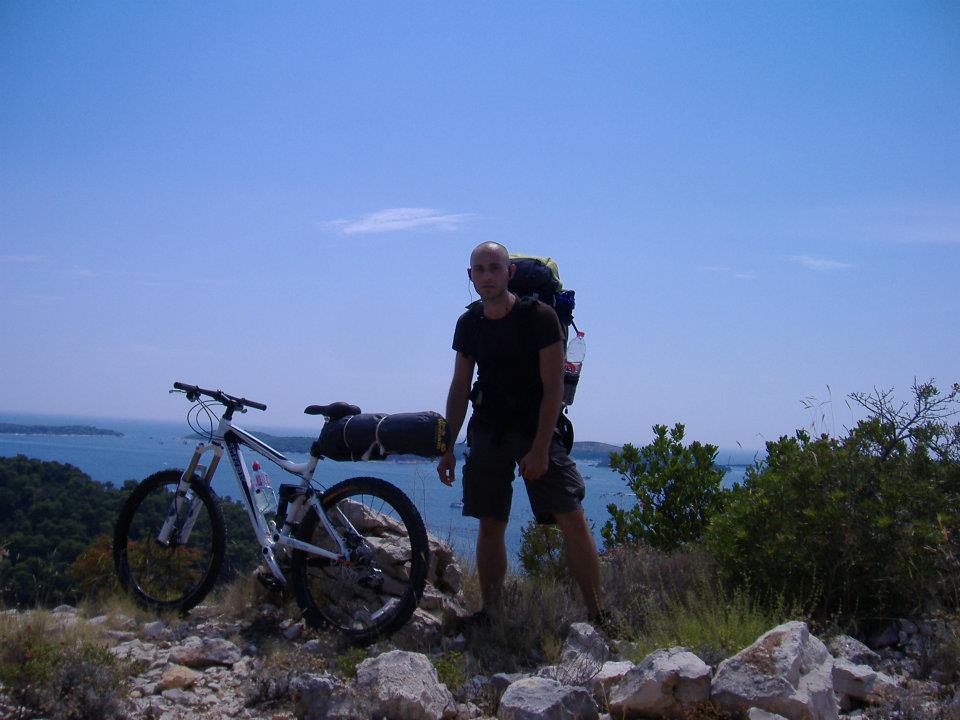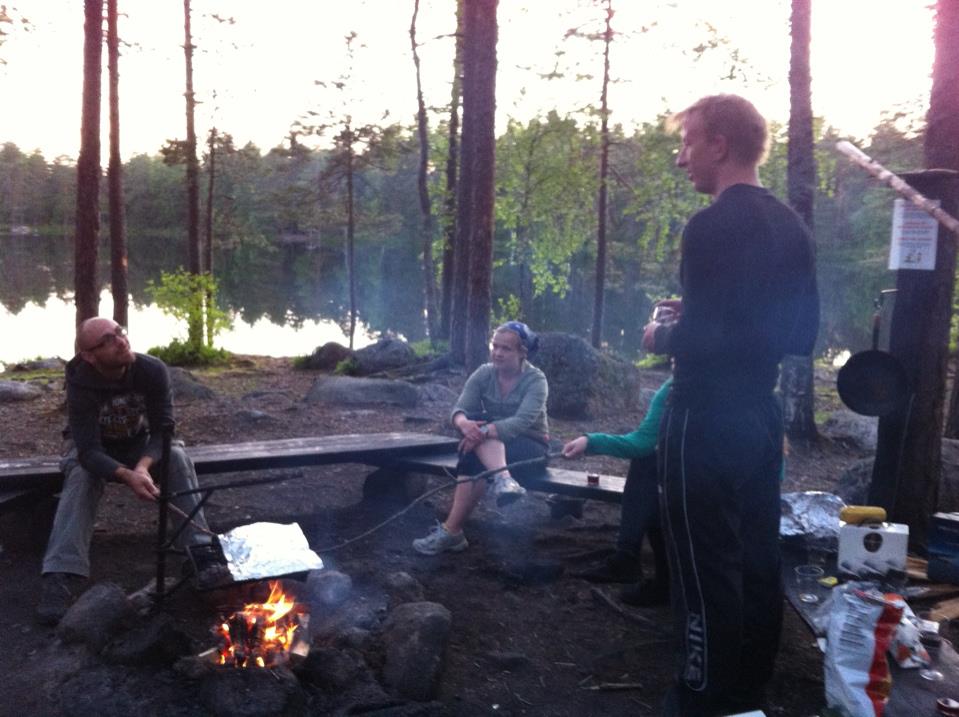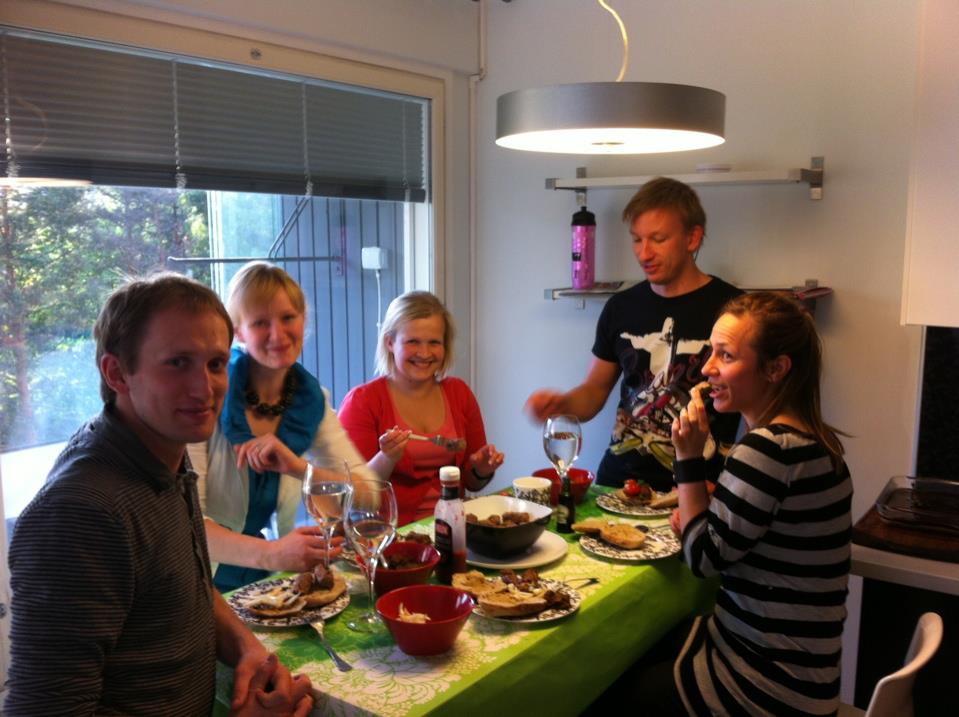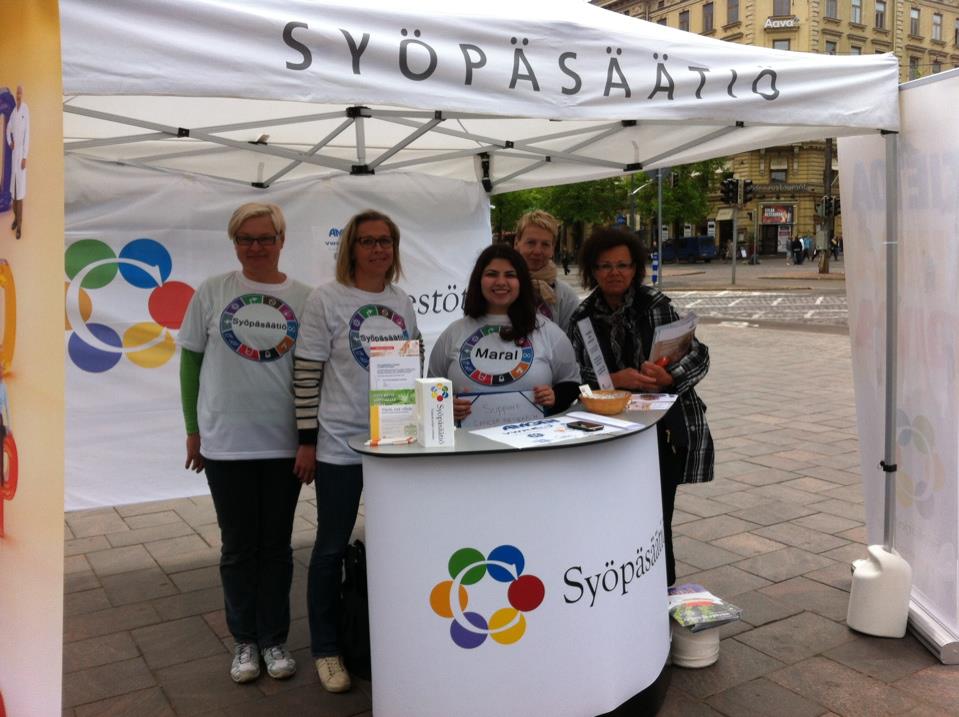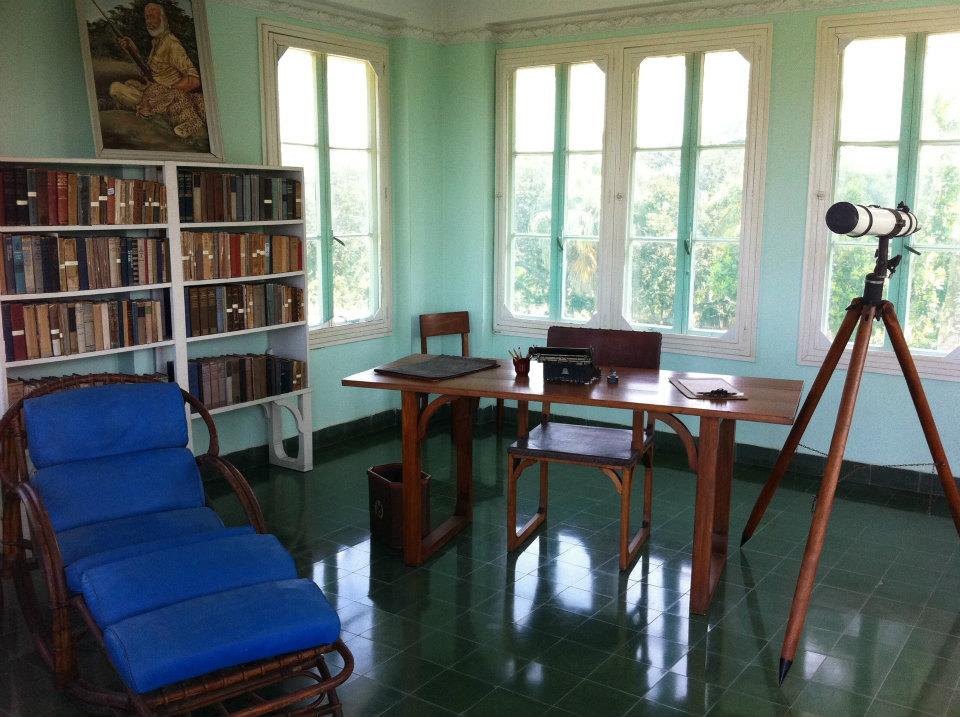ACTIVE:
SINGLE CELL TECHNOLOGIES AND DEVELOPMENT OF ANALYSIS METHODS
High-dimensional immunophenotyping (FACS/CyTOF/single cell RNA-seq) of developing and renewing cell populations holds the potential to elucidate developmental sequences or ‘trajectories’. Differentiated cells develop from stem and progenitor cells through a sequential series of phenotypic and gene expression changes. Recent advances in the trajectory analysis show promise in ordering cells along predefined developmental pathways, but existing algorithms lack the ability to elucidate complex branching developmental paths or relationships in an unsupervised manner. To address this, I have developed the concept of ‘trajectory space’, in which each cell in a population is described not by its expression of phenotypic markers, but by its shortest ‘trajectory’ distance to every other cell, within k-nearest neighbor graph. Visualization of cell relationships in high-dimensional trajectory space is achieved through standard dimensionality reduction approaches (e.g. PCA, tSNE) to reveal complex developmental sequences. More
Thymic Trafficking of Mucosal Dendritic Cells in Oral Tolerance
We seek to understand the thymic mechanisms in oral tolerance. Insights from the ongoing studies may lead to rational approaches for more effective clinical oral tolerance protocols such as targeting younger individuals with a higher thymic T cell output or designing Ag peptides that elicit the development of immunosuppressive thymic T cell populations versus clonal deletion of Ag-specific thymocytes.
Effect of interplay between DNA mismatch repair proteins and chromatin on local mutation frequency
One of the most common inherited colorectal cancers (CRC), Lynch syndrome (LS), accounts for 2-4% of all CRC cases. The susceptibility is caused by germline mutations in the genes MLH1, MSH2, MSH6, MSH3 and PMS2, which encode proteins responsible for DNA mismatch repair (MMR). MutS⍺ (MSH2/MSH6 heterodimer) or MutSβ (MSH2/MSH3 heterodimer) recognize, bind to, and initiate the repair of base-base mismatches and small insertions/deletions. MutSβ recruits MutL⍺ (MLH1/PMS2 heterodimer), which recruits proteins responsible for the downstream repair processes. Moreover, it has been shown that MSH6, but not MSH3, has a strong binding affinity to histone 3 lysine 36 trimethylation (H3K36me3), through a PWWP (Pro-Trp-Trp-Pro) domain and postulated that the H3K36me3 directs human MMR in vivo by recruiting MutS onto chromatin. However, it is unknown, (i) how H3K36me3 landscape affects the local mutation frequency in normal cells and (ii) how mutations in the PWWP domain of MSH6 found in putative LS families affect the MutS binding affinity to H3K36me3.
We study the interplay between MMR, H3K36me3 and repair efficiency, in the context of normal and defective MMR. The main hypothesis is that local abundance of H3K36me3 in chromatin affects the recruitment of MutS⍺, which is reflected in de novo mutations rates. We are examining effects of H3K36me3 in a study using T cells of a wild type (WT) and Mlh1
-/- mice; the latter are MMR-deficient and develop T cell lymphomas by the age of 7 months.
Moreover, we are interested in the effect of mutations within the PWWP domain of MSH6, found in putative LS families, on its interaction with H3K36me3. This study holds potential to clarify novel layer of MMR regulation in vivo and have direct impact on clinical work since verification of pathogenic mutations allows correct counseling of Lynch syndrome patients.











